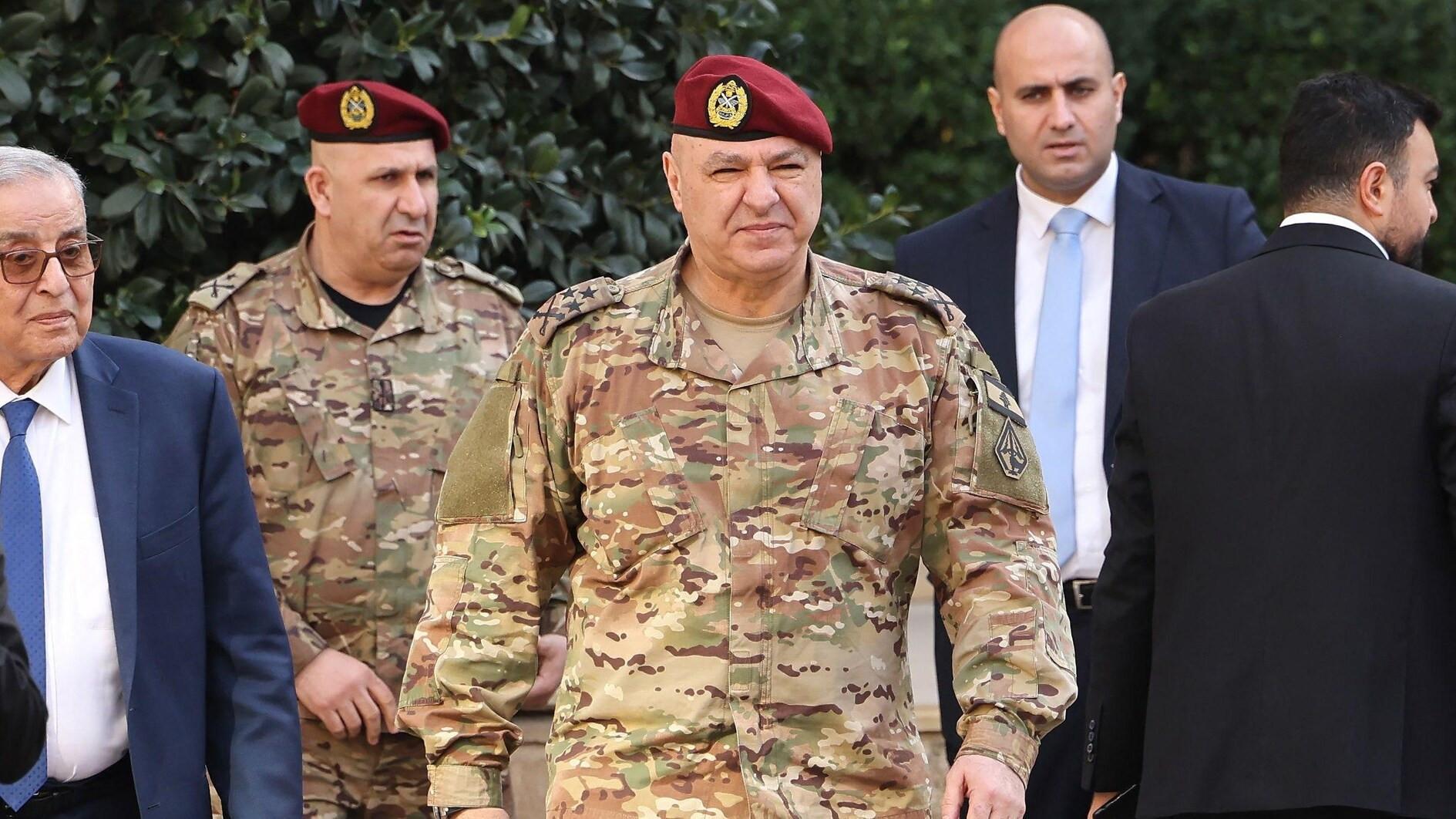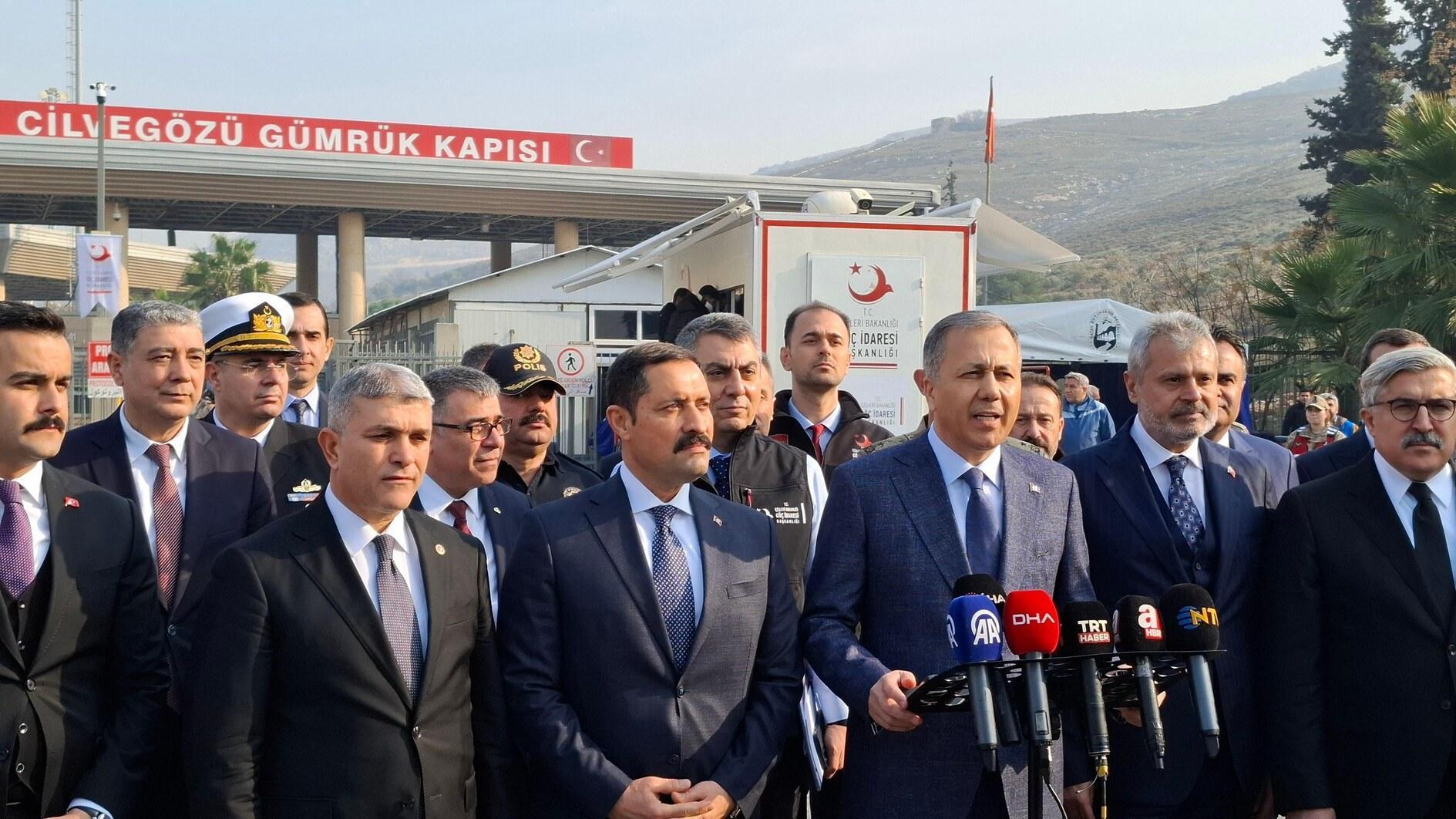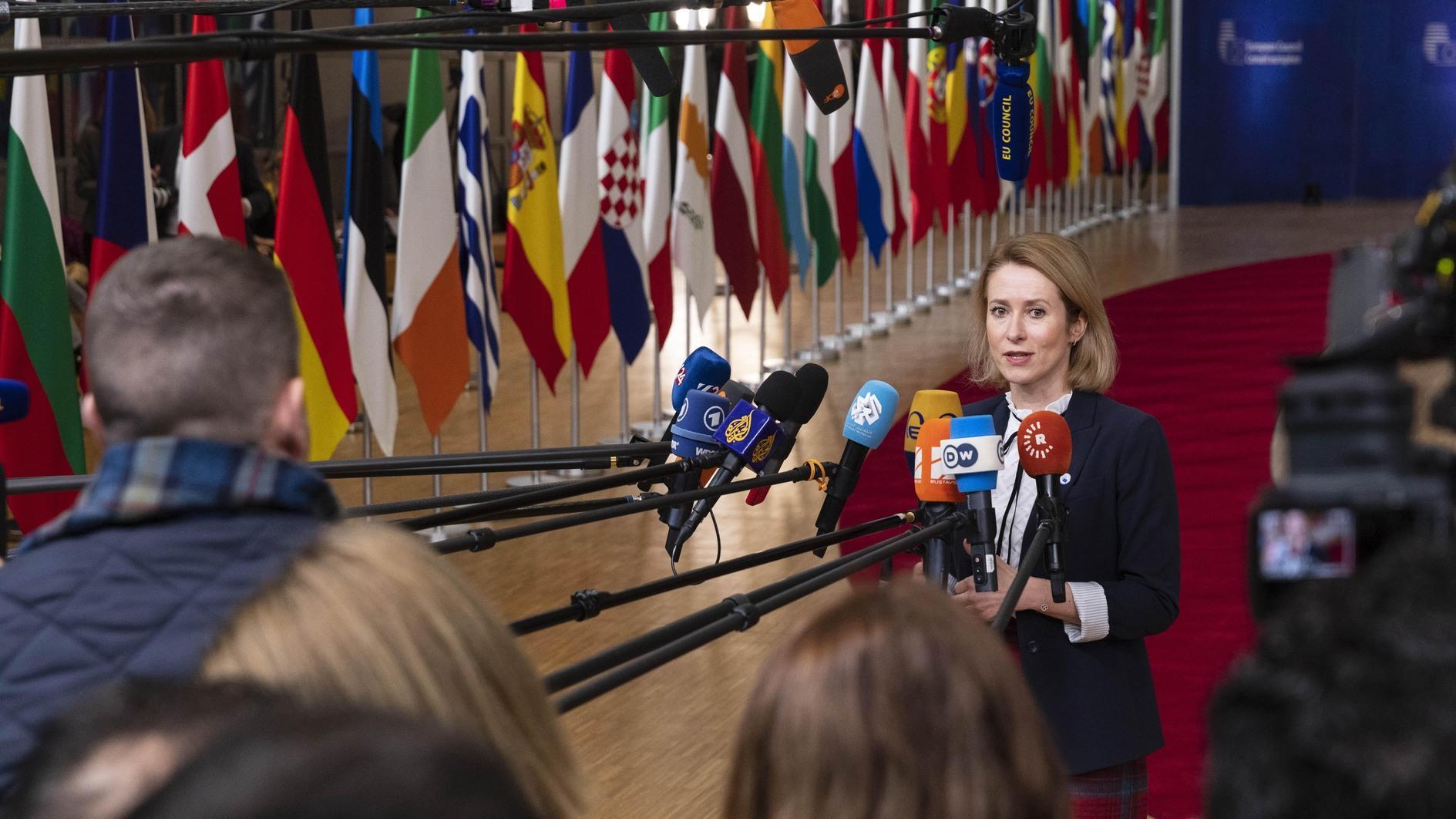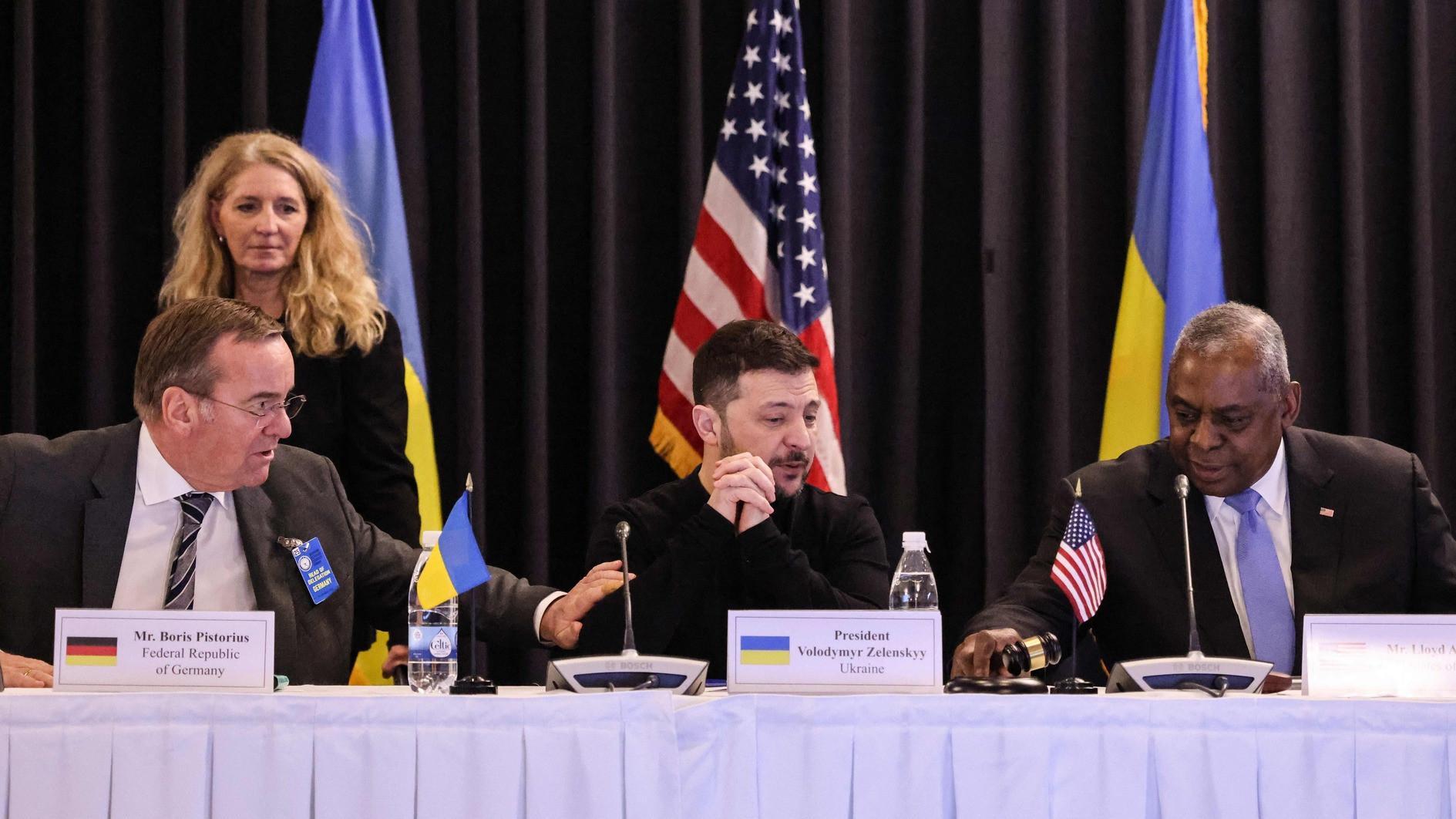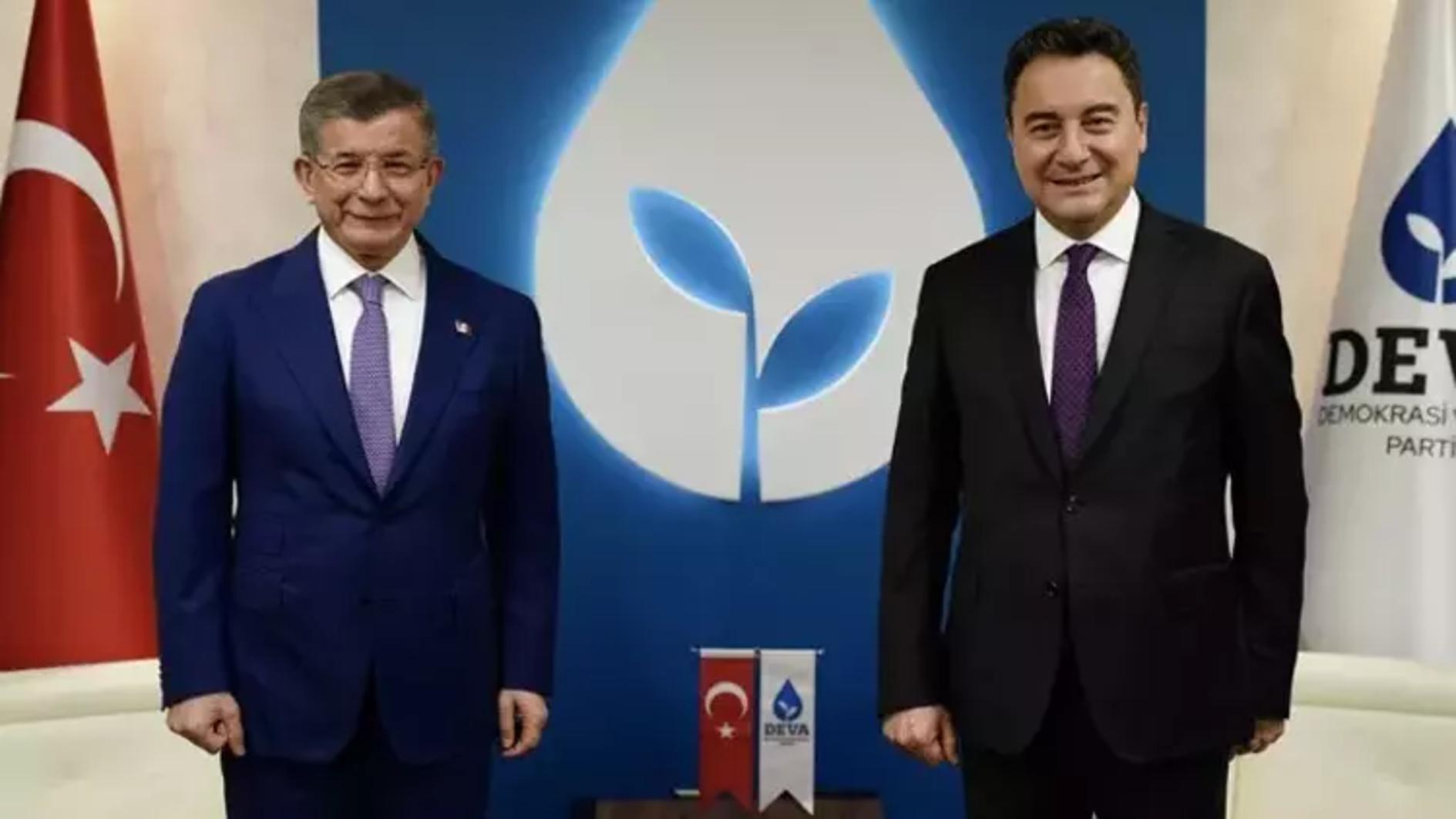Extradition
Expecting allies and friends not to allow each other’s anti-government personalities on their territory should not be mixed with judicial cooperation between countries. Under international code and established principles, even if there is an extradition of criminals agreement between any two countries, if the host country has suspicion that the person extradited would not face justice in his homeland, or could be summarily “eradicated” through a mock trial or if the said person has dual nationality, repatriation might not be considered at all.
At times when countries go through a massive transformation and when for the good or bad some elements oppose that transition and seek refuge in some other countries, even if there is an extradition accord between the host and the other government, extradition of such anti-government personalities cannot be considered, as long as they are not involved in any criminal activities in the host country.
It is the right of any government to demand from its friends and allies not to allow their territory to be used by anti-government elements. It is indeed considered hostile if a country allows anti-government elements of a nearby or far away country to train on its territory or worse undertake cross-border attacks. But writing the name of an anti-government personality, handing it over to the “brother” leader of the other country and expecting the anti-government person to be presented on a golden plate can produce no result.
Over the past decades, my journalist friends and I have complained how shallow the Justice Ministry or anti-terror executives of this country have been in demanding the ministry to apply pressure on our allies, particularly European countries, to allow for the extradition of anti-government elements. They were stressing that in order for an extradition request to be processed it must firstly be accompanied with a well-documented dossier, presenting not hearsay or just some video or voice recordings, but hard concrete evidence and a court verdict based on evidence proving that the alleged person is in fact guilty.
Often criminals found sanctuary in allied Europe because of the primitive mentality at work at some of our key institutions, which was due to Turkey’s failure in presenting the required legal evidence that would allow for the person to be extradited. On the other hand, Turkey often filed extradition requests despite it knowing that it had no credible evidence to prove validity and legality of its extradition requests.
Alleging that someone is a criminal does not mean he or she is criminal. This is why everyone is innocent until they are proven guilty by the Courts, not vice versa which is often the case in some oppressive regimes. People at responsible positions generally respect this fundamental principle, even if it hurts.
Turkey is of course a country that respects the supremacy of law; equality of all in the eyes of the law is vital and of course no one is guilty until they have been sentenced by a Court. Occasionally we might develop very strong desires to force our friends and allies to make very difficult decisions, exceptions to general practices in order to hand over some alleged criminals or repatriate some exiled or self-exiled anti-government personalities. For example, in 2008 the United States President at the time was approached by Ankara and asked if they could send the Pennsylvania-based self-exiled imam back to Turkey. Not only did a U.S. Federal Court oppose the extradition, the U.S. administration had come under severe criticism from human rights organizations, which reminded it of the fundamental importance of freedom of expression, thought and conscience for democratic governance.
Demanding for someone to be extradited is serious business. In modern states where democracy still has some degree of relevance, the will of the ruler does not mean much, as long as it is conducive or at least compatible with the concept of law.



